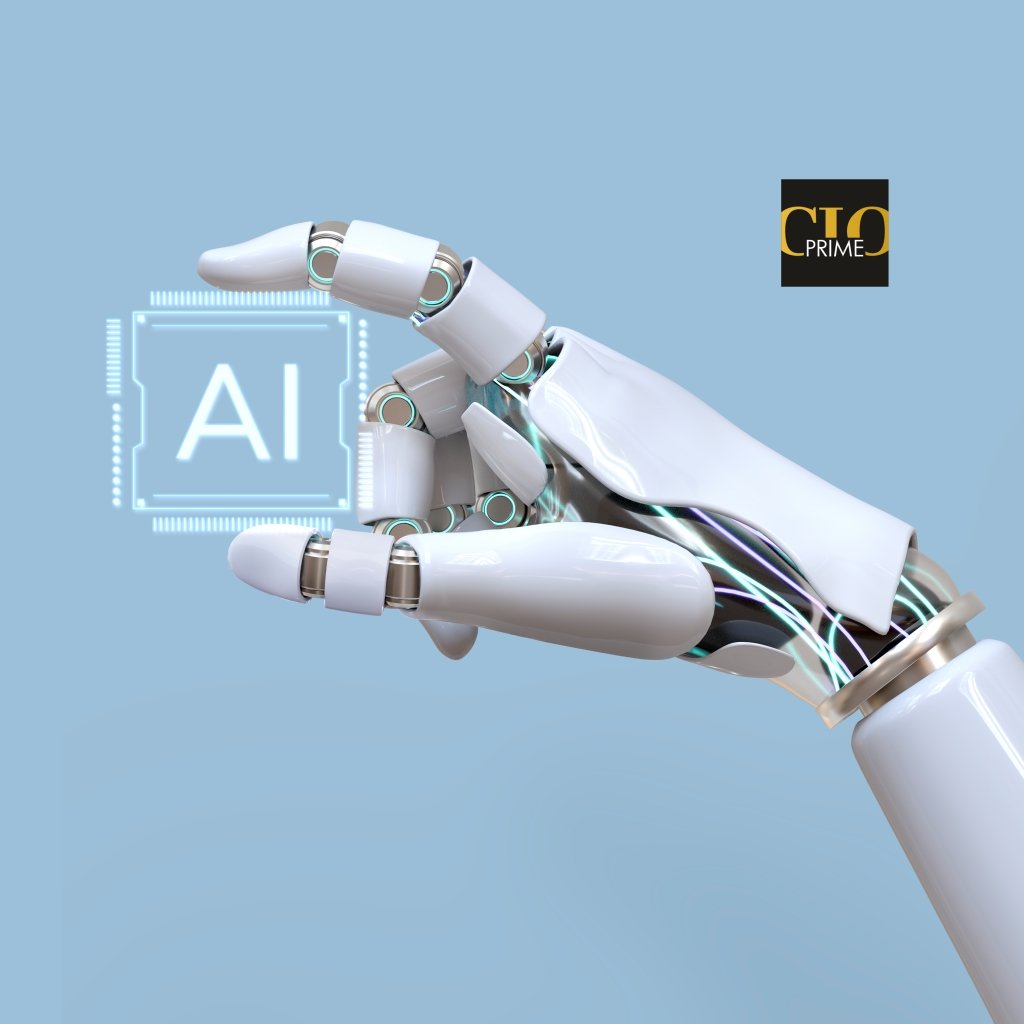Why Empathetic Leadership is Winning in the Age of AI and What It Means for the Future of Work

In this fast-paced world, workplaces no longer exist to merely meet deadlines and crunch numbers. With more mundane tasks being automated by technology, there is something else that’s gaining even greater value—empathetic leadership. It’s not a fad. It’s an actual shift that’s transforming the way teams work, develop, and remain engaged.
And in this new world, emotional intelligence is the real superpower. It enables leaders to connect with humans, empathize with them, and lead in a manner that feels human—even as AI and automation are ubiquitous.
Let’s dive deeper into why this is more important than ever.
What Is Empathetic Leadership and Why Are People Talking About It
Empathetic leadership is just about caring. It’s about leaders who listen, attempt to grasp what people are going through, and respond with kindness and integrity. It doesn’t involve being weak or dodging difficult conversations. It involves being authentic. People need to feel noticed, heard, and supported—particularly in the workplace.
In the era of AI, where computers take care of data and decisions are getting quicker, people still crave human connection. That’s where empathetic leadership in the workplace comes in. A good leader these days is not only a person who commands others around. A good leader establishes trust, facilitates open communication, and makes people feel secure to be themselves.
Emotional Intelligence Is the Superpower Every Leader Needs
Imagine working with someone who gets you. Who notices when you’re stressed or distracted. Who checks in, not because it’s their job, but because they actually care. That’s the power of emotional intelligence. It’s the ability to understand emotions—both your own and others’—and use that understanding to guide actions and build stronger relationships.
AI will respond to questions, analyze trends, and even generate reports. But it can’t feel. It doesn’t know what it’s like to be worried about a new project, or apprehensive about providing feedback. That’s why emotional intelligence is becoming such an essential skill. It fills the gap where machines can’t reach. And when leaders possess it, it raises the whole team.
When leaders demonstrate emotional intelligence, it increases morale, facilitates conflict resolution, and even enhances performance. People perform better when they are treated with respect and understanding. And let’s be real, we all want to have a boss who understands.
Why It’s More Than Just a Trend
This isn’t merely something individuals are doing to appear good. There is actual worth in leading with empathy. Research indicates that empathetic leadership in the workplace on teams equates to reduced turnover, increased job satisfaction, and improved collaboration. In plain language, individuals don’t leave jobs—they leave managers. And when managers lead with empathy, employees tend to stick around.
Consider telecommuting, for instance. With everyone staying home, there’s a tendency to get lonely. A leader who pauses to inquire about someone’s well-being, or who helps without being solicited, creates a substantial impact.
In America, where burnout in the workplace is rampant and individuals are questioning what they need from their careers, empathetic leadership in the workplace is a game-changer. It’s not merely checking boxes or meeting sales quotas. It’s about creating genuine connections.
How Leaders Can Build Empathy and Emotional Intelligence
The silver lining? These are skills that can be acquired. Emotional intelligence is not something you’re born with. It begins with tiny increments—such as listening more, asking open-ended questions, or simply being present in a conversation.
Taking a moment to think, expressing gratitude, and being receptive to feedback also work. And when leaders do these things, others will do the same.
Companies can also facilitate this transition by providing emotional intelligence training, promoting open dialogue, and building a culture where individuals can speak up without fear.
Even with task assistance from AI, leadership remains about humans. And humans require empathy.
What It Means for the Future of Work
With AI becoming a part of nearly every occupation, the human aspect of work only gains prominence. Work may be automated, but human connections cannot be. Teams with empathetic leaders are more resilient, more innovative, and more likely to recover from failures.
Actually, a lot of American businesses now hire for soft skills such as empathy and emotional intelligence as much as for technical expertise. They understand that to create solid teams, they must have leaders who can lead from the heart, not merely with spreadsheets.
So, if you’re looking at the future of work and wondering where things are headed—this is it. Empathetic leadership in the workplace will shape the workplaces of tomorrow, driven by leaders who care, who understand, and who lead with empathy.
Final Thoughts
We’re living in a time where machines are smart, but humans still want to feel valued. Empathetic leadership is helping create workplaces where people feel heard, supported, and inspired. And emotional intelligence is giving leaders the tools to lead in a way that feels authentic.
So while AI continues to expand, people will always be at the center of any great workplace. And leaders who realize this are the ones who’ll truly make a difference. Empathetic leadership in the workplace is no longer optional—it’s essential.
